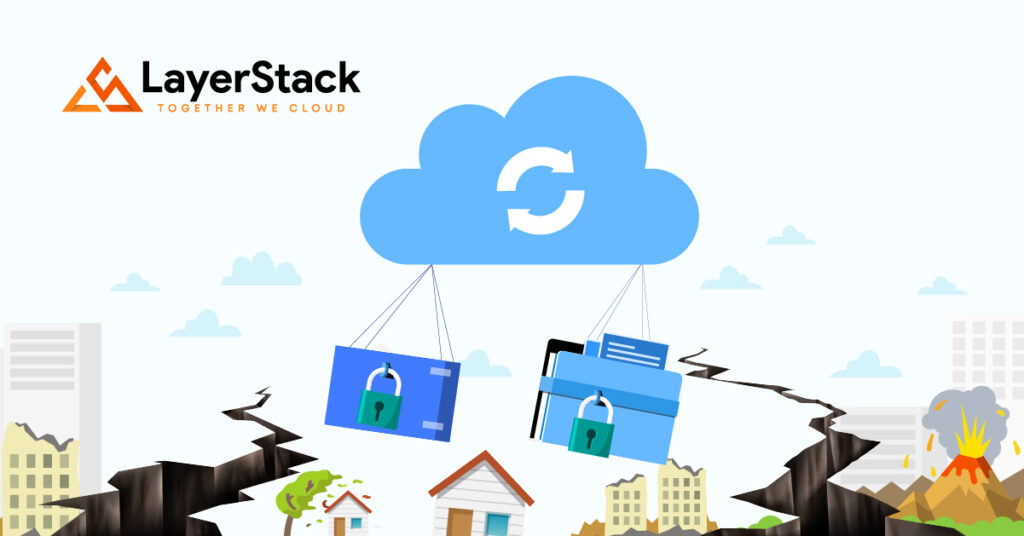
Disasters come in many forms, from natural events like earthquakes to human-made incidents like cyber attacks. Regardless of their origin, the impact on businesses can be catastrophic, often resulting in data loss, system failures and a complete disruption to operations. But with the advent of cloud computing, businesses now have a new way to protect their precious information from disasters, and that is through cloud servers.
So, what exactly are cloud servers? Simply put, they are virtual servers that operate on remote infrastructure provided by a cloud service provider. This means that instead of investing in physical hardware, businesses can store and process their data on servers managed by the cloud service provider. And the best part? The cloud service provider is responsible for maintaining the infrastructure, including disaster recovery and business continuity planning. This means that in the event of a disaster, the cloud service provider has a plan in place to ensure that the infrastructure is up and running, so businesses can continue to operate as usual.
The importance of data resilience for businesses
One of the major advantages of cloud servers is the data resilience they provide. Data resilience refers to the ability of a system to recover from data loss or disruption. This is crucial for businesses to ensure they can continue to operate during and after a disaster. With the cloud infrastructure being remote, it means that even in the event of a disaster, the data stored in the cloud remains intact and can be accessed by businesses with minimal disruption.
Let’s face it, backups are critical in the event of data loss, and cloud service providers typically offer backup and recovery services as part of their cloud offering. This makes it easier for businesses to store their data in the cloud and be confident that it will be safe and secure, even in the event of a disaster. And the icing on the cake? Many cloud service providers offer automated backup and recovery solutions, streamlining the process of backing up data and restoring it in the event of a disaster.
Why Cloud servers?
A perfect example of the importance of cloud servers in disaster protection is the recent earthquake incident. Many businesses in the affected area were without access to their data and critical systems due to power outages and damage to physical infrastructure. But businesses that had their data stored in the cloud were better protected. Their data was stored on remote servers that were not affected by the earthquake, and if they had their data backed up in the cloud, they could have restored their data and resumed operations much faster than businesses that relied on physical hardware.
In conclusion, the role of cloud servers in disaster protection, data resilience, backup, and recovery solutions is undeniable. By storing and processing data on remote servers that are managed by a cloud service provider, businesses can have peace of mind that their data will be safe and secure, even in the event of a disaster. And with the backup and recovery solutions provided by cloud service providers, businesses can protect their data and get back to business as usual in the event of a disaster.
Don’t get left behind! If your business has not yet made the move to the cloud, now is the time to seriously consider it.
At LayerStack, we offer a range of cloud server solutions that are designed to meet the specific needs of businesses of all sizes. Our solutions are secure, reliable, and scalable, making them the perfect choice for businesses looking to protect their information from disasters. And our team of experts is on hand to help businesses with their cloud journey, ensuring they get the best possible solutions for their needs. Contact us today and take the first step towards a more secure and resilient future for your business!


